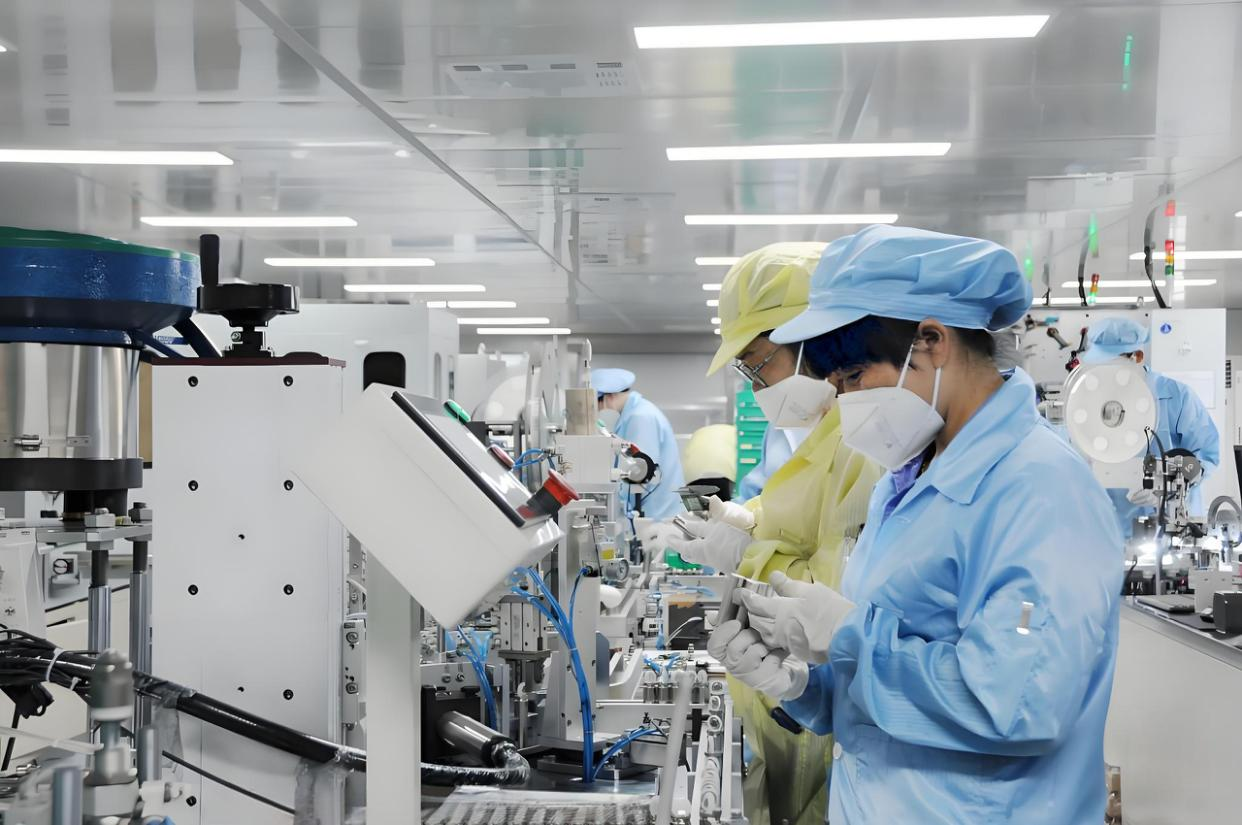Overview
As the leading brand of high-end Italian coffee machines (with a 28% share of the global market), Delonghi places stringent demands on the reliability of core components in its fully automatic coffee machines:
Extreme working environments: 98°C high-temperature steam/6.5 bar pressure cycle impact;
High-frequency usage scenarios: Commercial models operate more than 500 times per day on average;
Safety standards: Must meet multiple international certifications, including UL/ENEC.
Traditional microswitches commonly exhibit the following issues under these conditions:
Contact oxidation leading to poor contact (failure rate >3%);
Plastic housings deform when heated (15% deformation rate at temperatures above 80°C);
Insufficient waterproof performance
Our company has introduced a structurally optimized solution:
Dual-contact redundancy design: primary and secondary contacts are detected simultaneously, reducing the failure rate to 0.001%;
Magnetic-assisted reset mechanism: eliminates traditional spring fatigue issues, achieving a lifespan exceeding 800,000 cycles;
Product testing:
Temperature shock: 1,000 cycles at -40°C to 125°C (temperature change >100°C/min);
Chemical corrosion: Passed immersion testing with coffee machine-specific cleaning agents (pH 2.5–11.5);
Mechanical vibration: 20G at 50–2,000 Hz random vibration (equivalent to 80,000 km of vehicle use).
Project Achievements and Advantages:
Zero-Failure Operation: Cumulative delivery of 6 million units over three years of mass production, achieving an after-sales failure rate of <50 ppm (industry average: 3,000 ppm)
Doubled Lifespan: Mechanical lifespan of 300,000 cycles (Delonghi's original requirement: 100,000 cycles), meeting the 7x24-hour operational requirements of commercial models

Advantages
-
01Specialized technology for steam environments“Passed 1,000 hours of steam aging test (industry standard is 200 hours) Contact oxidation rate < 0.01% (industry average is 1.2%)”
-
02Extreme durability“Mechanical life of 300,000 cycles is six times the industry standard of 50,000 cycles; high temperature and high humidity testing of 3,000 hours is six times the industry standard of 500 hours; temperature shock of -40 to 150°C is 2.5 times the industry standard range of -20 to 85°C!”

